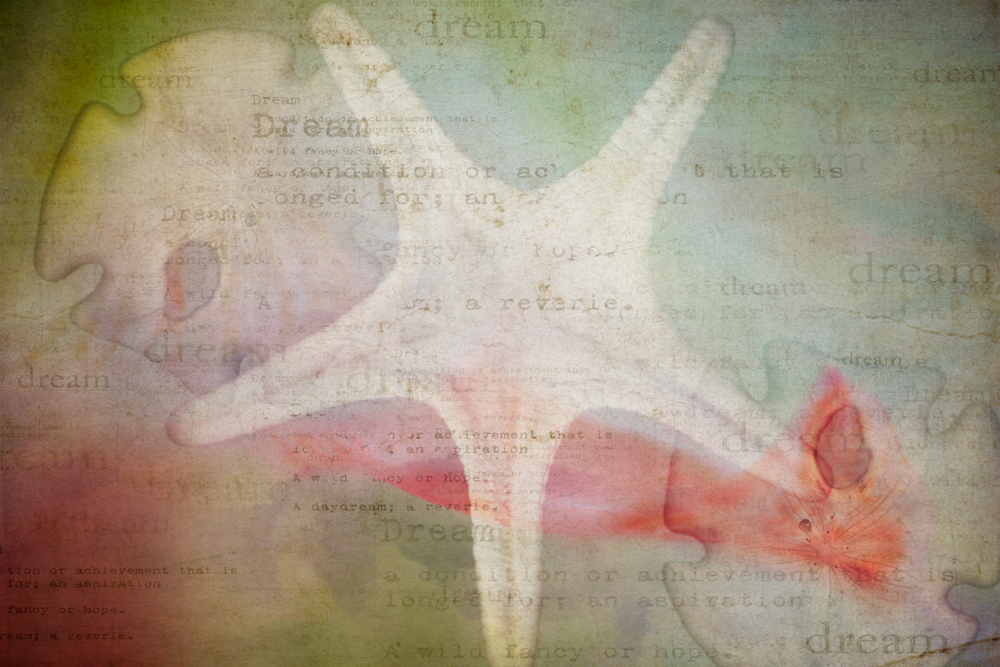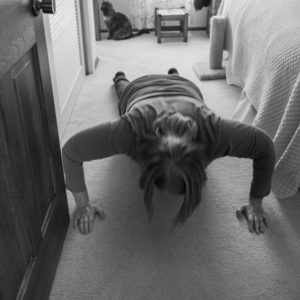Recently I read the book, Tiny Habits, by BJ Fogg, a behavior scientist at Stanford University. When I first picked up the book I was dubious. “Another self-help book telling me how to change my life,” I thought. But Fogg’s suggestions are simple and easy to follow and for me, they have worked better than I would have imagined. Here is a link to an NPR article on Tiny Habits.
Fogg’s book was a revelation to me. If you want to create new habits think little (not big). In fact, think tiny.
Tiny Tiny Tiny Habits
Here are just few of the ideas I gleaned from the Tiny Habits book.
Start with an aspiration that you really care about. Then think of tiny things you could do to move you towards establishing that habit. Tie your new habit to something else you do every day. Celebrate your success EVERY SINGLE TIME you perform the habit. Your brain needs that little hit of dopamine from the celebration to activate it’s reward circuits. (My celebrations are often a big full-body hands in the air, “YES!”)
And don’t beat yourself up if you forgot. Self-compassion is the watchword of this habit formation method. Instead of flagellating yourself for your failures think about ways to help you remember.
If you are struggling perhaps you need your habit to be tinier. It needs to be easy to fit into your day. You may need to find a different cue. You can rehearse the habit, including celebrating, as a way to train your brain that performing this habit is rewarding.
One of Fogg’s oft-repeated examples in the book is his tiny habit that goes like this: “After I pee I’ll do 2 pushups.” Now that particular prompt would not work well for me because I have no intention of doing pushups beaucoup times each day and night.
However my first habit was closely related to Fogg’s example habit. I began with an aspiration that I have had for a long long time. My aspiration is, “It feels good to move my body.” That has been one of my main aspirations for many years. It seems like a simple thing, feeling good moving your body. But when you’ve had chronic pain issues for years it’s not a simple thing.
Sticking with a strength training or exercise routine has been challenging for me. On days when I don’t feel well it’s hard to make the effort to exercise, especially strength training. The last thing I want to do is to add the muscle pain of a big strength training workout to my already aching body.
I used Fogg’s oft-used example habit (doing 2 pushups) and made it even tinier. The cue that works well for me is, “After I make the bed,” something I do every morning. And the habit I chose was “I will get down on the floor in pushup position.” That’s it! I don’t even need to do any pushups to succeed. All I have to do is get down on the floor. I chose that as my habit because I feared that on some days when I don’t feel well I would skip the habit if I had to do pushups.
It’s been a month of practicing that habit now. And I’m happy to say that EVERY SINGLE DAY after making the bed I get down on the floor into pushup position. I don’t always want to do pushups before I get down on the floor but once I’m there I always end up doing at least two pushups. I’ve done pushups EVERY SINGLE DAY since I started my new tiny habit! At first two very half-assed pushups from my knees was all I could do. Really! This morning I did seven strong pushups (still from my knees) and side planks on both sides for 20 seconds. This tiny habits idea works for me. It’s tiny but powerful.
Creative Tiny Habits
I believe that using this method in your creative life could also be helpful. For example, if you want to write or paint or learn a musical instrument but you can’t seem to get started or stick with it, tiny habits could help. By using tiny habits you shape your behavior gradually and it helps you feel successful.
What some might call the restrictions of the daily office they find to be an opportunity to foster the inner life. The hours are appointed and named… Life’s fretfulness is transcended. The different and the novel are sweet, but regularity and repetition are also teachers… And if you have no ceremony, no habits, which may be opulent or may be simple but are exact and rigorous and familiar, how can you reach toward the actuality of faith, or even a moral life, except vaguely? The patterns of our lives reveal us. Our habits measure us. Our battles with our habits speak of dreams yet to become real.
— Mary Oliver
By finding some action you take every day that could serve as a prompt you can up the chances that you will actually make tiny steps in your creative pursuits.
- After I sit down to drink my coffee (tea), I will open my journal.
- After I finish clearing the table after supper I will pick up my guitar
- After I start the dishwasher I will set out my watercolor paints and brushes.
- After I clear the breakfast dishes I will pick up my camera
You can figure out what it is that you aspire to. Then think about what is the teensiest tiniest thing you can do that might move you towards your creative goals. Tie it to something you do every day at a time of day when you could make time to create.
In creative work — creative work of all kinds — those who are the world’s working artists are not trying to help the world go around, but forward. Which is something altogether different from the ordinary. Such work does not refute the ordinary. It is, simply, something else. Its labor requires a different outlook — a different set of priorities.
— Mary Oliver
The secret is to make it super easy to succeed and build it around habits that you already have in place. That means it must fit YOUR way of life. What works for me might never work for you and vice versa. Think about if there is something that you have wanted to do but simply haven’t been able to follow through on. Perhaps a tiny habit will help you get started.
And whatever you do, be kind to yourself. Celebrate tiny victories. And practice self-compassion for your perfectly imperfect self.
May you walk in beauty.






0 Comments